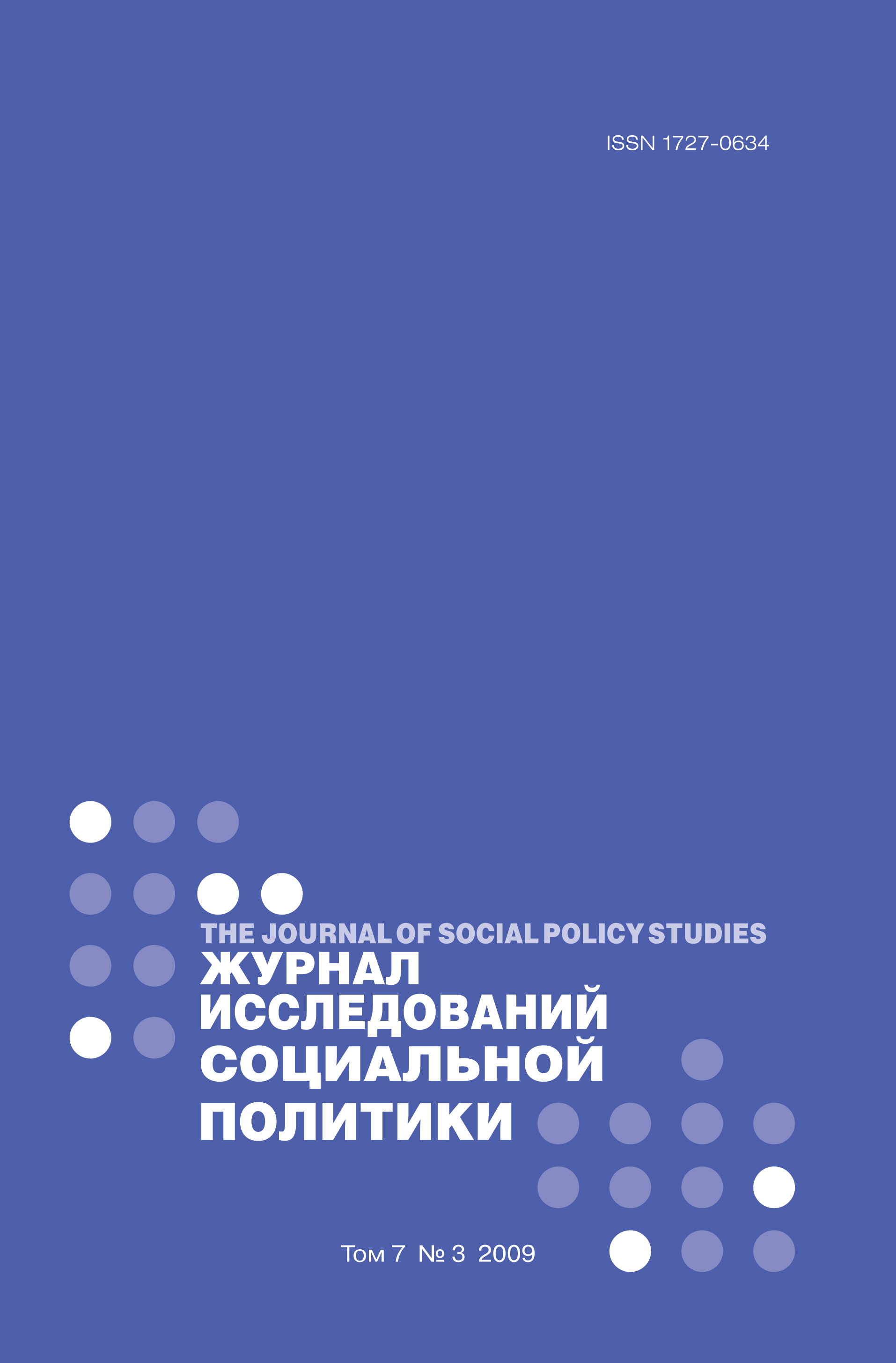The Making of a Physician: General Statement of Ideas and Problems
Abstract
Sociologists have found it more and more relevant to study the training of the various professions and consult with those who decide policy for it. The question of how and under what conditions people are prepared for the medical profession is of great interest to social scientists. E.C. Hughes, one of the founding fathers of a sociology of professions and the modern empirical research in this field, outlines in his essay a general framework of reference for the study of medical profession and medical education, on which such famous works as «Boys in White» (1961) и «Making the Grade» (1968) by E.C. Hughes, A. Strauss, H.S. Becker and B. Geer were subsequently based. The medical profession is considered to consist not only of a set of technical knowledge and skills but also a professional medical culture, as opposed to the surrounding laymen’s one. Medical education is treated as a passage from the lay pre-existing medical culture into professional one. This learning process involves taking on the social role of physician and brings with it a whole range of difficulties, dilemmas and choices. This article attempts to study the ideas behind this, views toward sickness and health in society and how a medical education affects graduates. The work is based on prolonged group interviews with those who had began careers in the medical profession. Special attention is paid to importance of studying career-lines and changes in self-conception in the context of the inner differentiation of medical profession. Also under consideration are relations with other professions, clients and various kinds of public, as well as the changes in the profession itself in the contemporary world. What emerges is a picture of how a medical student will evolve in understanding of the culture of the medical profession and their own self-identification with the profession. While the concepts of this article are applied specifically to the medical profession, much of its conclusions can be effectively applied to other professions as well.















